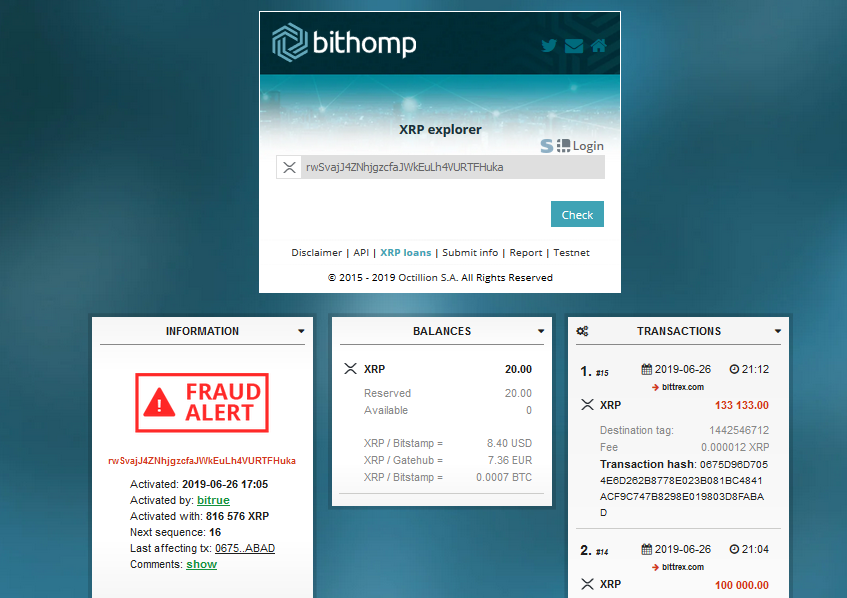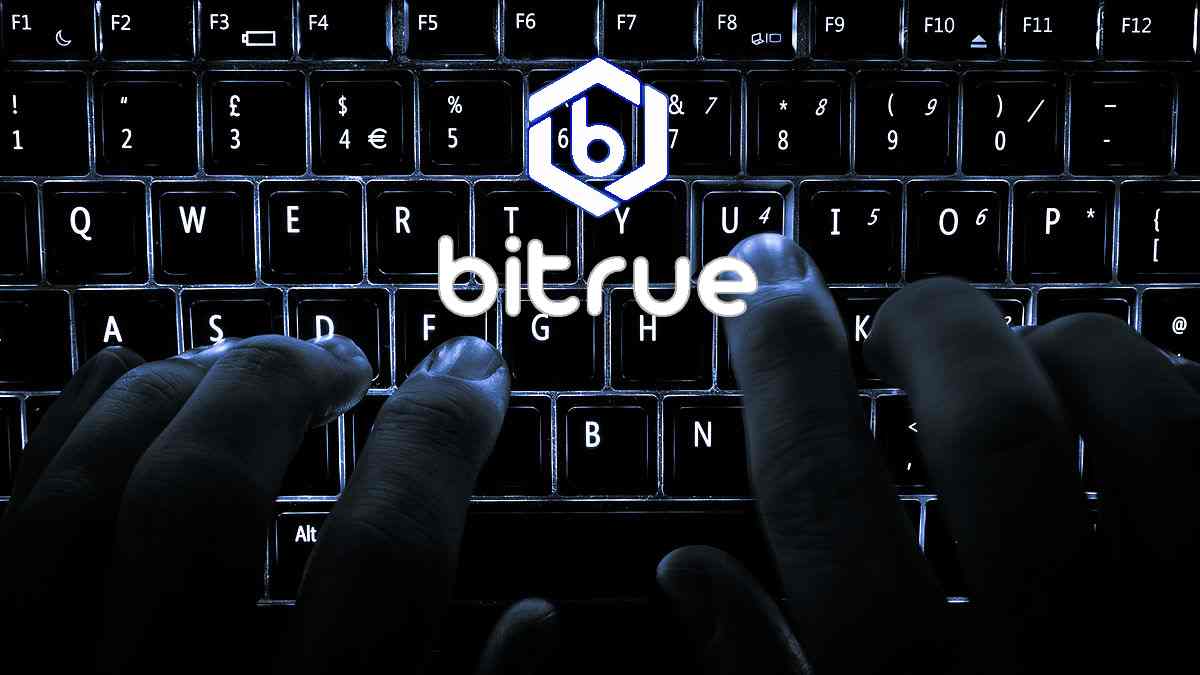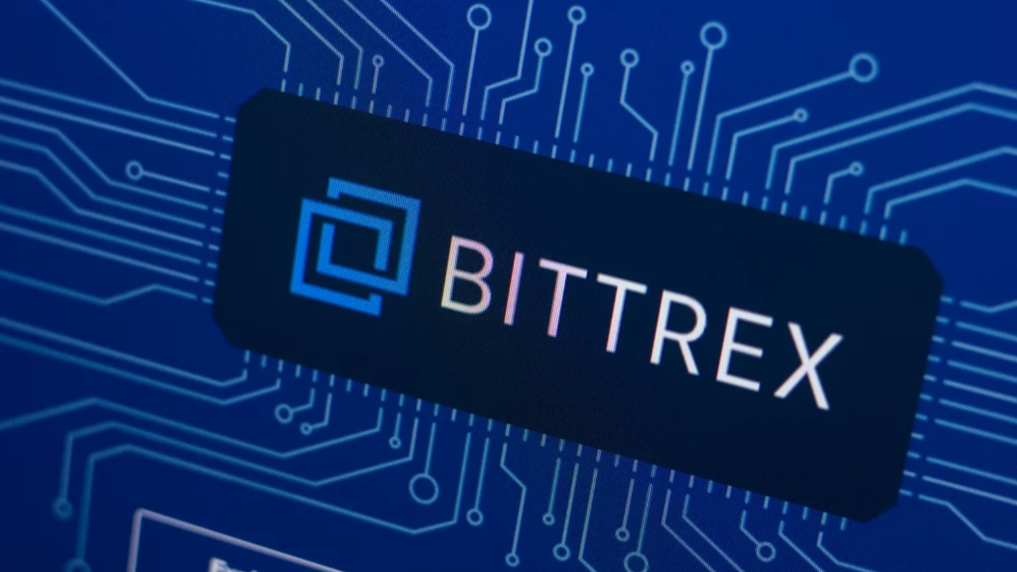The hackers who stole approximately $4 million worth of Ripple XRP and ADA Coins from Singapore cryptocurrency exchange Bitrue on June 27 are now moving some of those coins to different addresses and exchanges such as Huobi, Bittrex and ChangeNOW
The hackers seem to be trying to cash out by moving the stolen coins to cryptocurrency exchanges, Yet Bitrue’s team are hunting down the hackers and following these transactions.

Both of Exmo, Bittrex and Houbi exchanges have frozen the hacker account after Bitrue team reported them.
Bitrue will issue a refund to all of it’s affected users. And all of trading services are now resumed on Bitrue.





